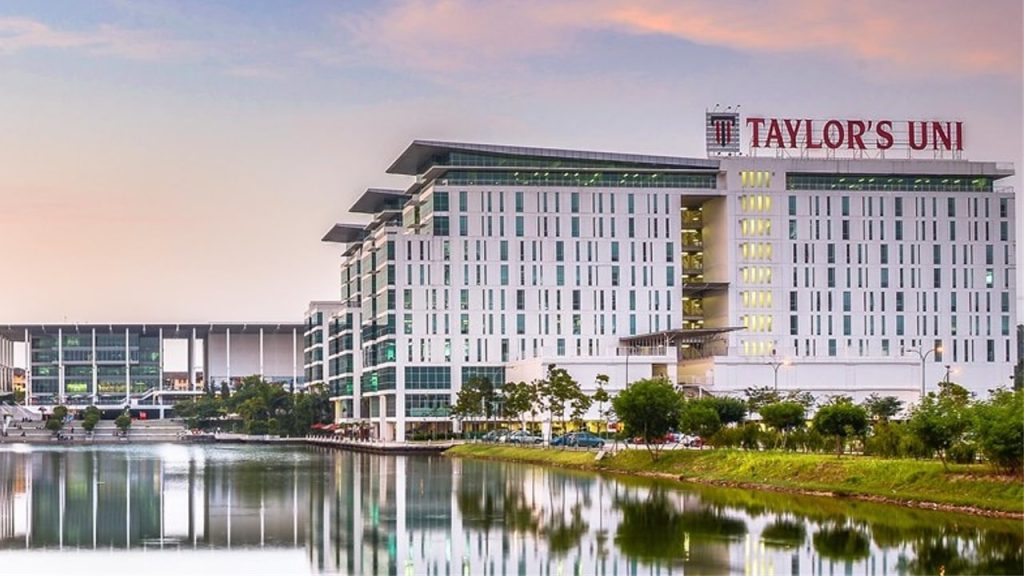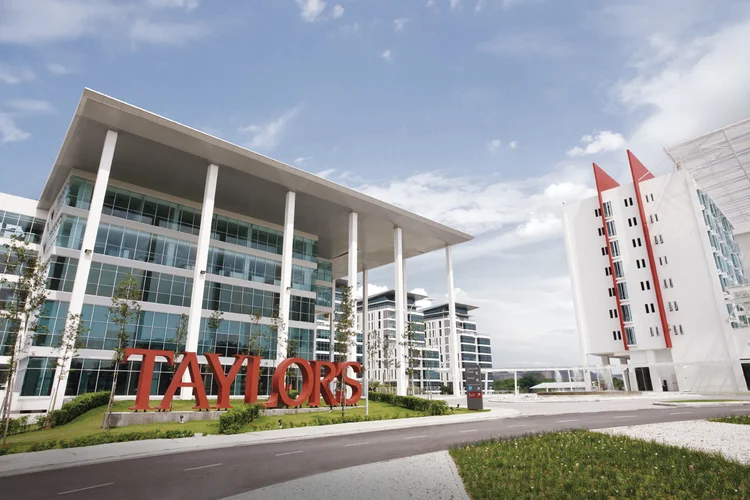OVERVIEW
This Doctor of Philosophy programme is designed to equip both researchers and practitioners like you with the necessary tools to address critical issues encompassing the cultural, social, economic, and political dimensions of food.
As a doctoral candidate in Food Studies, you will engage in cutting-edge research, pushing the boundaries of knowledge in this interdisciplinary field. You will delve into topics that shape our food systems, exploring their impact on society and the environment. Whether your aspirations lie in academia, industry, government, or non-governmental organisations at the local, regional, or global level, our programme prepares you to make a meaningful impact in your chosen career path.
School
Food Studies and Gastronomy
Intake Month
February, April, June, September and October
Study Options
Full time or part time
Mode
Research
PhD by Prior Publication
Available
Study Programme
3 to 6-year (full time) or 4 to 8-year (part time)
Interested to know more? Start your journey with us now.
PROGRAMME OVERVIEW
PROGRAMME STRUCTURE
Duration
Full time
3 – 6 years
Part time
4 – 8 years
Research Methodology
Key Research Areas
Interested to know more?
Food Cultures & Health
Contemplate conflicts between social and medical norms as well social interactions in constructing individual and collective identities, especially in multi-ethnic societies. Impact the tailoring of public health messages based on socio-cultural and socio-economic contexts in Malaysia. Contribute to a shift in public health policies from a population and science-based approach to a target group-based and social-reality-based approach.
Gastronomy, Heritage & Tourism
Analyse the processes of defining food heritages and their relations with the construction of collective identities. Provide insights that help institutions & NGOs with territorial development and population-led initiatives relying on food heritage as a socio-economic, socio-cultural and political resource.
Food Security & Sustainability
Examine food security in conjunction with global environmental and health issues, as well as controversies surrounding food production, processing, distribution and consumption of food. Provide insights on the potential of formulation of insect-based feeds and foods as a growing industrial sector for Asia.
Food Safety, Fraud & Risk
Analyse the perception of food risk, the design of collective risk management schemes, and the conditions for food policies development. Follow food concerns and relook into the guidelines on food fraud mitigation in Asia.
Candidates without a qualification in the related fields or relevant working experience must undergo appropriate prerequisite courses determined by Taylor’s University and meet the minimum CGPA based on above.
Hiring Graduate Students
Entry Requirements (Normal Mode)
Masters
Masters degree in the field or related fields (Level 7, MQF) or its equivalent as accepted by the Taylor’s University Senate; OR
Bachelor’s Degree
Passed Bachelor’s degree in the field or related fields with min. CGPA 3.67 and passed related qualifying assessment.
For international students: IELTS 6.5 / TOEFL 79 (Internet Based Test) (May join IEN preparatory course and achieve the IELTS score). The validity of the IELTS or equivalent is within 2 years from the date of the examination.
Bachelor’s degree candidates who are registered for master’s degree programmes may apply to convert to the doctoral degree programmes subjected to the following conditions:
[1] Within 1 year for full time and within 2 years for part-time candidates;
[2] Having shown competency and capability in conducting research at doctoral level through rigorous internal evaluation.
[3] Approval of the Taylor’s University Senate.
Notes
- Students without a qualification in the related fields or relevant working experience requires to undergo and pass a bridging module.
- Any of the above conditions would require student’s research proposal to be approved.
- All information is subject to change. The above entry requirements serve as a guideline. Readers are responsible to verify the information by contacting the university’s Admissions Department.
Entry Requirements (Prior Publication Mode)
You will need to fulfil one of the below:
- Obtain a master’s degree in the field or related fields accepted by the HEP Senate
- Obtain other qualifications equivalent to a master’s degree recognised by the Government of Malaysia
Candidates without a related qualification in the field/s or working experience in the relevant fields must undergo appropriate prerequisite courses determined by the HEP;
In addition to the above criteria, those who want to join Doctoral Degree by Retrospective or Prior Publication mode must include the below to the formal application:
- Minimum of 5 publications in alignment with the theme of the specialisation;
- An executive summary of the above publications establishing
- The theme that connects the published works to be submitted (up to 1,000 words);
- Contribution to knowledge in the field of the proposed area of study (up to 1,000 words)
- A list of scholarly published work;
- Curriculum Vitae (CV)
For international candidates, evidence of English Language Proficiency as determined by the intake standards approved by the Senate
A Selection Committee must be established to review the formal application for PhD by Retrospective or Prior Publication and recommend to the Senate to obtain approval.
Criteria for published works
- Published work must encompass high-quality journals, monographs, books, research-based chapters in books, electronic publications which have not been used to obtain other awards or deemed a part of those awards.
- The publications must be published within a period not exceeding ten (10) years from the date of submission.
- For the five (5) nominated publications, the candidate must be the principal author with the contributions of others clearly defined.
Note: All information is subject to change. The above entry requirements serve as a guideline. Readers are responsible to verify the information by contacting the university’s Admissions Department.
When you’ve successfully completed this Doctor of Philosophy in Food Studies programme, you could embark on any of these exciting careers, including:
- Food Marketing
- Product Manager in Food Industries
- Management in Foodservice
- Consultant in Foodservice Planning & Design
- Business & Market Analyst for Food Industries
- Food Health & Nutritional Counselors
- Food Anthropologist
- Food Journalist
- Food Engineer
- Academician














